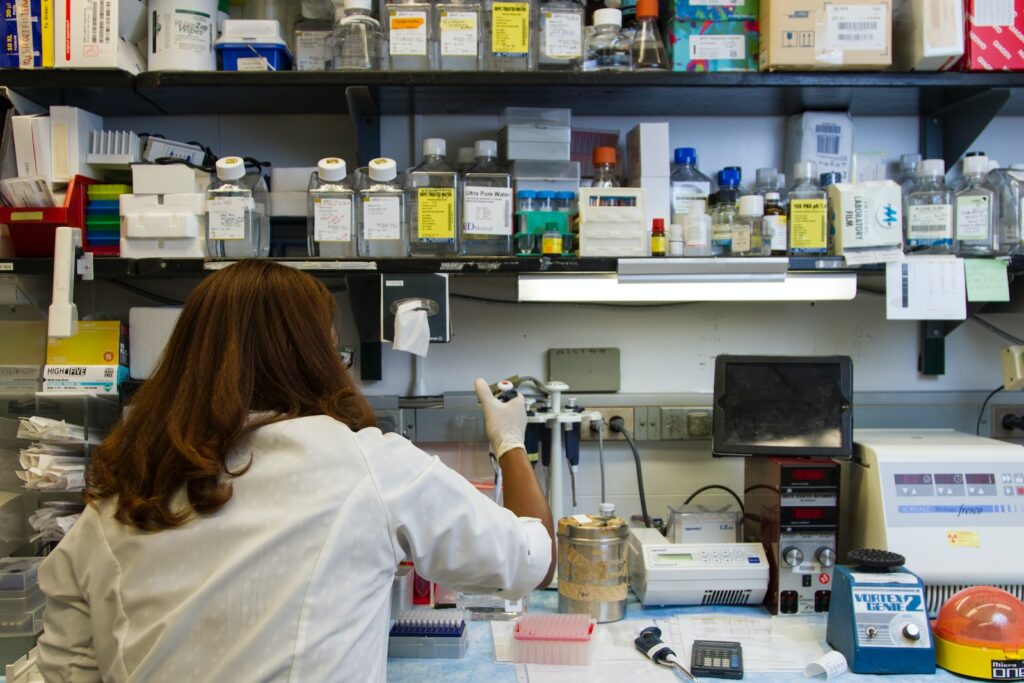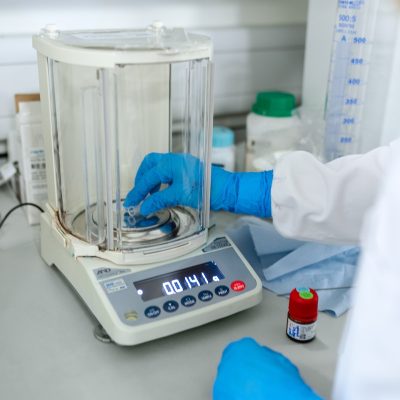
Introduction
Compounding is a field of pharmacy that allows a pharmacist to create a medication that is just right for their patient’s specific needs. Compounding pharmacists have the ability to make modifications and suggestions about medications, which gives them more involvement in the decision making process. This can be very rewarding for those who enter the field, and want to showcase their expertise.
Creating Specialty Medications
As a compounding pharmacist, you will work directly with physicians to help create a specific medication that is just right for their patient. You are responsible for creating and dispensing compounded medications to patients, which means that you must be familiar with each dosage form and how it affects the human body.
Traditional Pharmacist versus Compounding Pharmacist
Traditional Pharmacist Career:
As a traditional pharmacist, you are only able to provide medication based on the information within the prescription. If your patient needs a specific medication that isn’t available in your pharmacy, you have no option but to tell them they’ll need to visit another pharmacy or wait until it becomes available. Your ability as a traditional pharmacist is limited by what’s already been prescribed—it’s not likely to create something new and unique for every single person who walks into your pharmacy.
Compounding Pharmacist Career:
With compounding pharmacists, we take our expansive knowledge of medications and turn it into a powerful tool for helping people with specific health concerns. We do this by creating custom-made medications that are tailored specifically for each individual patient’s needs. We are not restricted by what has already been prescribed! We use chemicals and ingredients that can offer patients options unavailable through traditional pharmacies. Compounding pharmacists are problem solvers.
Maximizing the Benefits
Compound pharmacists are able to maximize the benefit of medications for their patients. A compound pharmacy specializes in creating customized medications, or compounded drugs. Compound pharmacists are able to create a medication that is just right!

Medication Customization
- Cosmetic changes like color or scent
- Removal of allergy causing excipients
- More access to unique dosage forms
- Provide strengths that are not commercially available
Compounding Pharmacist Specialties
The next step in your training will be to decide which specialized area you want to focus on. As a compounding pharmacist, you can specialize in either biotech, sterile or non-sterile compounding.
Biotech compounding is used to create biologic drugs—a type of medication created from living cells or biological matter such as blood plasma and antibodies. Biologic drugs are used for cancer treatments and other serious conditions.
Sterile compounding involves preparing sterile medications using high-tech equipment that sterilizes medications at the perfect temperature without changing their chemical makeup. Non-sterile compounding involves preparing non-sterile medications using low-tech equipment that does not need to be sterilized prior to use. Some common non-sterile preparations include compounded pain relief formulas, topical hormonal products, and veterinary medications.
Types of Training
To become a compounding pharmacist, there are multiple options. Interning while in pharmacy school, completing a residency program, or on-the-job training are the best ways to get into this niche career field. Interning with a compounding pharmacy during school is the best way to decide if this path is for you. This is how I was first introduced into the world of compounding.
Compounding residencies directly through a pharmacy are a great way to have that introduction to the lab and to see if you and the company are a great fit. Personally, I love residencies because they are more structured and have organized goals to meet.
On-the-job training is another way to completely immerse yourself into compounding. This route may be a little difficult if you never had exposure to compounding as an intern or resident but it’s not impossible. I recommend keeping a work notebook with questions and setting up personal work goals for yourself.
Steps to get into a Compounding Career
In most cases opportunities to get into a career in compounding will not be advertised. Do not be shy to take a nontraditional approach to get in the door. Here are some potential ways:
- Volunteer or shadow
- Decide if you want to intern or become resident trained
- Decide if you want to jump right in with on the job training
- Reach out to compounding pharmacies
- Build relationships and network
- Ask what they are looking for in an ideal candidate

Rewarding Field
Becoming a compounding pharmacist can be very rewarding for those who enter the field. It is impactful working with patients and physicians to create medications that are just right for each patient’s individual needs. Compound pharmacists can help those who have special needs and don’t fit into the “one-size-fits-all” approach of traditional medicine.
For example, if there is an allergy to an inactive ingredient you can create an alternative medication or vehicle that will not cause any allergic reaction while still providing effective treatment. Or if you notice that many patients are having trouble swallowing pills or capsules filled with their medication, you might create liquid or topical versions of these drugs so they can take them more easily.
My favorite part of compounding is the collaboration I can have with multiple providers on finding the best solutions for our patients. Each day is so different! Some days I have projects with dentists for some of their preparations, or I am working with a veterinarian trying to save a bird, or a nurse practitioner to find the best vehicle for a pediatric patient, or a dermatologist to help a patient with stubborn acne or a scar. This job is so rewarding because everyday I feel like a scientist and I still use my skills from pharmacy school.

Conclusion
Becoming a compounding pharmacist is one of the best career choices I have made for my life. If you are interested in learning more about this career path, continue to check out the website for more information about this exciting career.

Pingback: Life As A Compound Pharmacist - Compound This